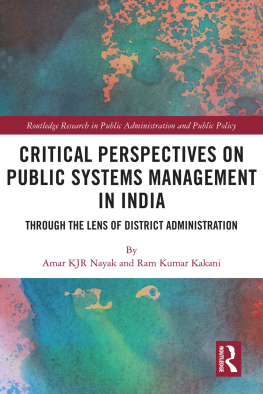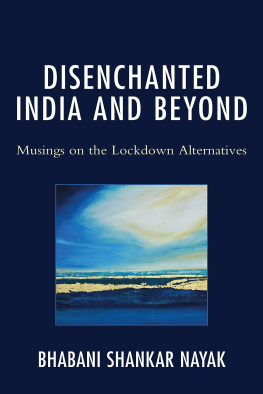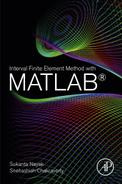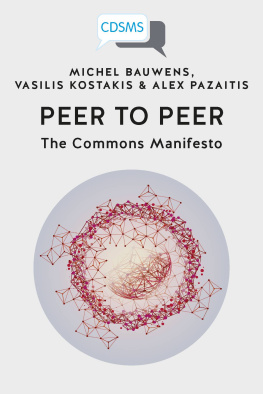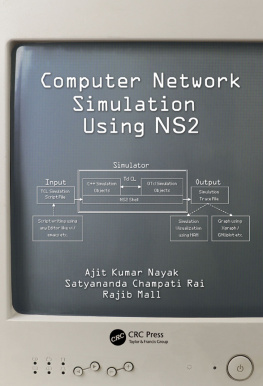
Making Commons Dynamic
With an emphasis on the challenges of sustaining the commons across local to global scales, Making Commons Dynamic examines the empirical basis of theorising the concepts of commonisation and decommonisation as a way to understand commons as a process and offers analytical directions for policy and practice that can potentially help maintain commons as commons in the future.
Focusing on commonisationdecommonisation as an analytical framework useful to examine and respond to changes in the commons, the chapter contributions explore how natural resources are commonised and decommonised through the influence of multi-level internal and external drivers, and their implications for commons governance across disparate geographical and temporal contexts. It draws from a large number of geographically diverse empirical cases 20 countries in North, South, and Central America and South- and South-East Asia. They involve a wide range of commons related to fisheries, forests, grazing, wetlands, coastal-marine, rivers and dams, aquaculture, wildlife, tourism, groundwater, surface freshwater, mountains, small islands, social movements, and climate.
The book is a transdisciplinary endeavour with contributions by scholars from geography, history, sociology, anthropology, political studies, planning, human ecology, cultural and applied ecology, environmental and development studies, environmental science and technology, public policy, Indigenous/tribal studies, Latin American and Asian studies, and environmental change and governance, and authors representing the commons community, NGOs, and policy. Contributors include academics, community members, NGOs, practitioners, and policymakers. Therefore, commonisationdecommonisation lessons drawn from these chapters are well suited for contributing to the practice, policy, and theory of the commons, both locally and globally.
Prateep Kumar Nayak is Associate Professor and Associate Director of Graduate Studies in the School of Environment, Enterprise and Development, Faculty of Environment, University of Waterloo, Canada.
Routledge Studies in Environment, Culture, and Society
Series editors: Bernhard Glaeser and Heike Egner
This series opens up a forum for advances in environmental studies relating to society and its social, cultural, and economic underpinnings. The underlying assumption guiding this series is that there is an important, and so far little-explored, interaction between societal as well as cultural givens and the ways in which societies both create and respond to environmental issues. As such, this series encourages the exploration of the links between prevalent practices, beliefs, and values, as differentially manifested in diverse societies, and the distinct ways in which those societies confront the environment.
Trading Environments
Frontiers, Commercial Knowledge, and Environmental Transformation, 17501990
Edited by Gordon M. Winder and Andreas Dix
Transdisciplinary Research and Sustainability
Collaboration, Innovation and Transformation
Edited by Martina Padmanabhan
Global Change in Marine Systems
Integrating Natural, Social and Governing Responses
Edited by Patrice Guillotreau, Alida Bundy and Ian Perry
In Pursuit of Healthy Environments
Historical Cases on the Environment-Health Nexus
Edited by Esa Ruuskanen and Heini Hakosalo
Making Commons Dynamic
Understanding Change Through Commonisation and Decommonisation
Edited by Prateep Kumar Nayak
For more information, please visit: www.routledge.com/Routledge-Studies-in-Environment-Culture-and-Society/book-series/RSECS
Making Commons Dynamic
Understanding Change Through Commonisation and Decommonisation
Edited by Prateep Kumar Nayak
First published 2021
by Routledge
2 Park Square, Milton Park, Abingdon, Oxon OX14 4RN
and by Routledge
52 Vanderbilt Avenue, New York, NY 10017
Routledge is an imprint of the Taylor & Francis Group, an informa business
2021 selection and editorial matter, Prateep Kumar Nayak; individual chapters, the contributors
The right of Prateep Kumar Nayak to be identified as the authors of the editorial material, and of the authors for their individual chapters, has been asserted in accordance with sections 77 and 78 of the Copyright, Designs and Patents Act 1988.
All rights reserved. No part of this book may be reprinted or reproduced or utilised in any form or by any electronic, mechanical, or other means, now known or hereafter invented, including photocopying and recording, or in any information storage or retrieval system, without permission in writing from the publishers.
Trademark notice: Product or corporate names may be trademarks or registered trademarks, and are used only for identification and explanation without intent to infringe.
British Library Cataloguing-in-Publication Data
A catalogue record for this book is available from the British Library
Library of Congress Cataloging-in-Publication Data
A catalog record has been requested for this book
ISBN: 978-0-367-13800-4 (hbk)
ISBN: 978-0-429-02863-2 (ebk)
Typeset in Times New Roman
by Newgen Publishing UK
Access the Support Material: www.routledge.com/9780367138004
This work is dedicated to all those millions of commoners, in every corner of this world, who tirelessly work to maintain their commons as commons for the future generations.
Contents
PART I
Introduction: Setting the scene
Prateep Kumar Nayak and Fikret Berkes
PART II
Roots of decommonisation
Patricia Dorn and Simron JIT Singh
Jeremy Pittman
Vipul Singh
PART III
What enables commonisation?
Eranga Kokila Galappaththi and Iroshani Madu Galappaththi
Gabriela Lichtenstein and Carlos Cowan Ros
Patricia E. (Ellie) Perkins
Yolanda Lopez-Maldonado
PART IV
Commonisation and decommonisation as parallel processes
Xavier Basurto and Alejandro Garca Lozano
Sherman Farhad
Craig A. Johnson
Daniel KLOOSTER and James Robson
Sergio Villamayor-Toms and Gustavo Garca-Lpez
Shah RAEES Khan and C. Emdad Haque
PART V
Closing
Derek Armitage, Evan J. Andrews, Jessica Blythe, Ana Carolina E. Dias, Prateep Kumar Nayak, Jeremy Pittman and Sajida Sultana
Prateep Kumar Nayak
Prateep Kumar Nayak is Associate Professor and Associate Director of Graduate Studies in the School of Environment, Enterprise and Development, Faculty of Environment, University of Waterloo, Canada. Prateeps academic background is in political science, environmental studies, and international development. He does interdisciplinary work with an active interest in combining social and ecological perspectives. Prateeps research focuses on the understanding of complex humanenvironment connections (or disconnections) with particular attention to change, its drivers, their influence and possible ways to deal with them. His main research interests include commons, environmental governance, socialecological system resilience, environmental justice, and political ecology. In the past, Prateep worked as a development professional in India on issues around community-based governance of land, water, and forests commons, focusing specifically at the interface of research, implementation, and public policy. Prateep is a lead author for IPBES Global Assessment of Sustainable use of Wild Species and a member of the Human Dimensions Working Group, Integrated Marine Biosphere Research (IMBeR). Prateep was the co-chair of the 2015 Biennial Conference International Association for the Study of the Commons. He is a past Trudeau Scholar, a Harvard University Fellow in Sustainability Science, and a recipient of Canadas Governor General Academic Gold Medal. Prateep is also the Project Director of Vulnerability to Viability (V2V) Global Partnership for building strong small-scale fisheries.





